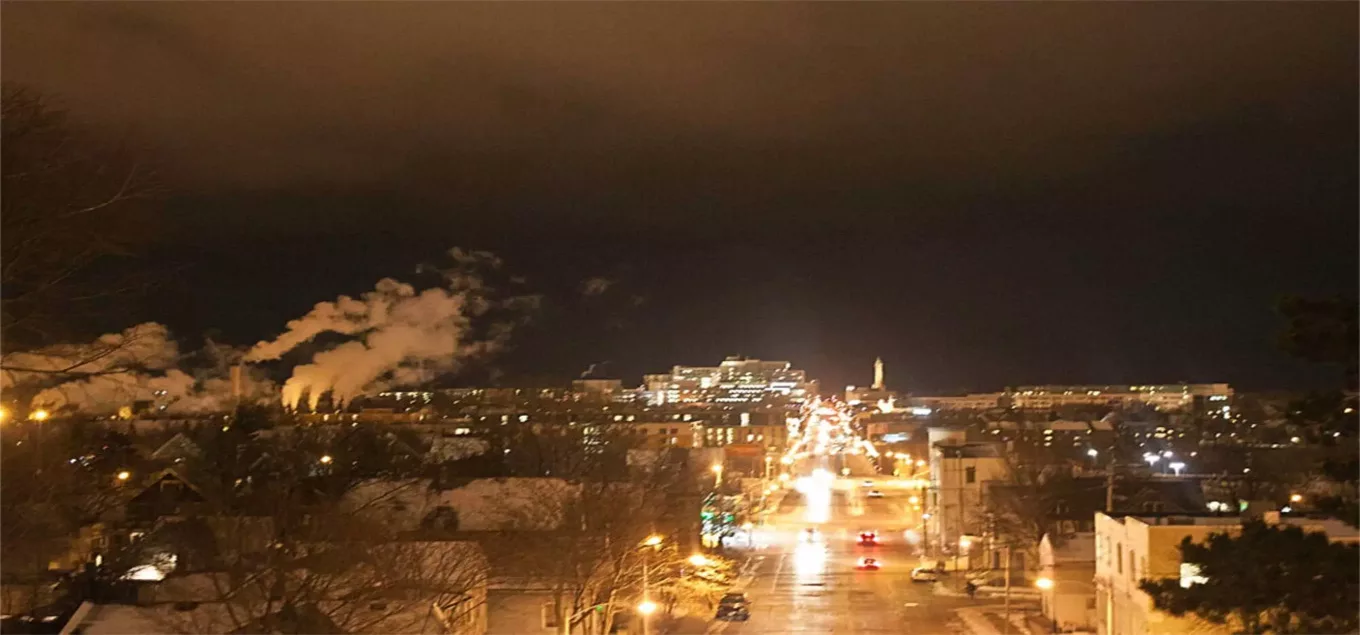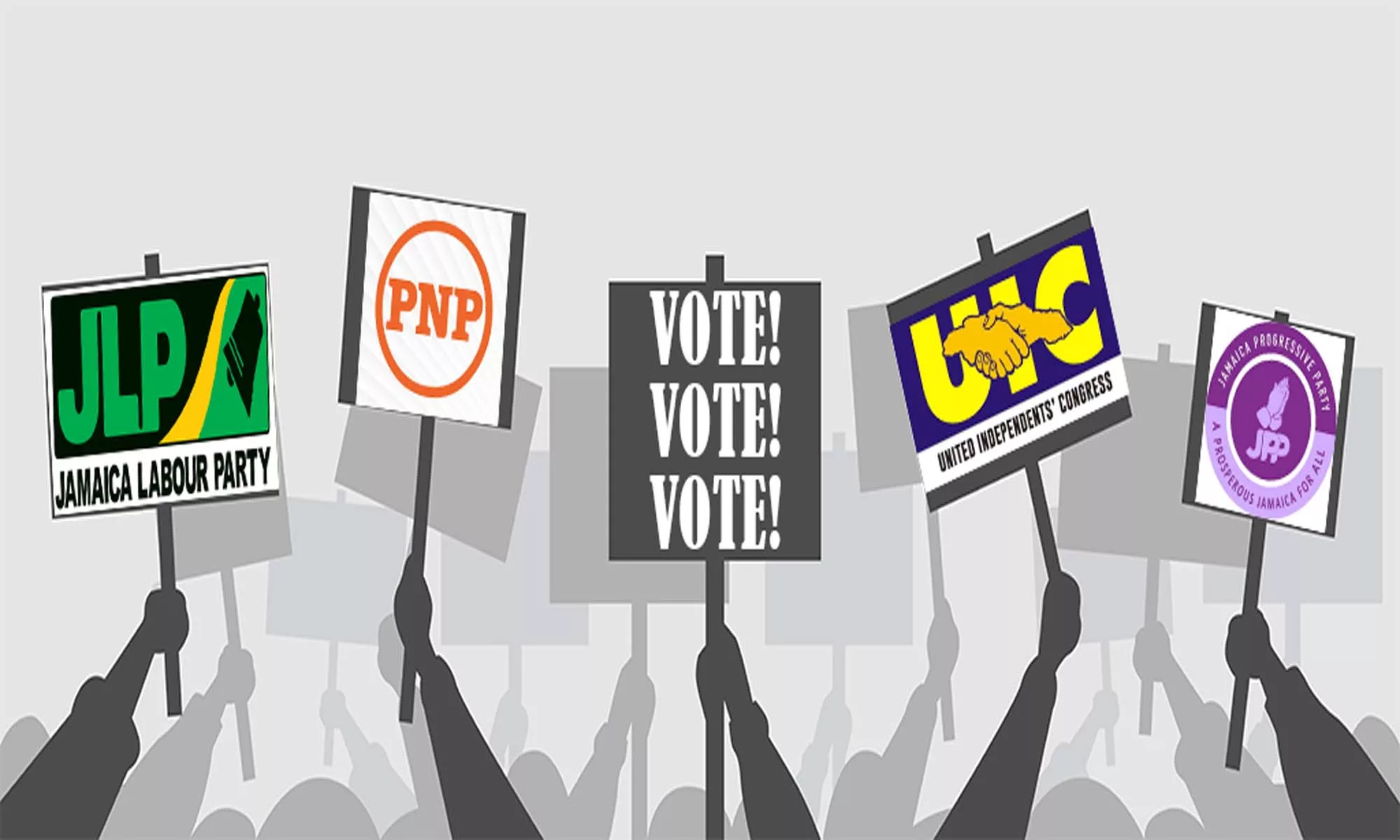If you are interested in Jamaican politics, you might want to know more about the two main political parties that have dominated the country’s history since independence: the Jamaica Labour Party (JLP) and the People’s National Party (PNP). In this blog post, I will compare and contrast these two parties in terms of their ideology, history, achievements and challenges.
The JLP and the PNP have different ideological orientations. The JLP is generally considered to be a center-right party that advocates for nationalism, conservatism and free market policies. The PNP is generally considered to be a center-left party that advocates for social democracy, democratic socialism and social justice policies. However, both parties have also shifted their positions over time, depending on the political and economic context.
The JLP and the PNP have a long and turbulent history of rivalry and conflict. The JLP was founded in 1943 by Alexander Bustamante, a trade union leader who opposed British colonial rule. The PNP was founded in 1938 by Norman Manley, a lawyer and nationalist who advocated for self-government. The two parties competed for power in the first general election in 1944, which the JLP won. Since then, the JLP and the PNP have alternated in government, with each party holding power for about half of the time.
The JLP and the PNP have also been involved in violent clashes, especially in the 1970s and 1980s, when political violence became widespread and deadly. Both parties relied on armed gangs, known as “posses”, to intimidate and attack their opponents and supporters. The violence was also fueled by external influences, such as the Cold War and the War on Drugs. The JLP was accused of being backed by the United States and the CIA, while the PNP was accused of being backed by the Soviet Union and Cuba. The violence reached its peak in 1980, when more than 800 people were killed in election-related violence.
The JLP and the PNP have also achieved some notable successes and faced some significant challenges. The JLP is credited with leading Jamaica to independence in 1962, building modern infrastructure such as highways and housing projects, implementing economic reforms such as liberalization and privatization, and reducing crime and corruption in recent years. The PNP is credited with introducing universal adult suffrage in 1944, establishing social welfare programs such as free education and health care, promoting regional integration such as CARICOM and CELAC, and fostering cultural identity and diversity.
However, both parties have also faced criticism and controversy. The JLP has been accused of being elitist, authoritarian and nepotistic, neglecting the poor and vulnerable sectors of society, mismanaging public finances and debt, and violating human rights and civil liberties. The PNP has been accused of being populist, corrupt and incompetent, failing to address poverty and inequality, undermining economic growth and stability, and alienating some allies and partners.
Currently, the JLP is in power, having won the last general election in 2020 with a landslide victory over the PNP. The JLP is led by Andrew Holness, who became the youngest prime minister in Jamaica’s history in 2011. The PNP is led by Mark Golding, who replaced Peter Phillips after he resigned following the election defeat. According to a recent poll conducted by RJRGLEANER , the JLP is ahead of the PNP by nine percentage points among electors.
The JLP and the PNP are both important actors in Jamaican politics. They represent different visions and values for the country’s future. They have also shaped Jamaica’s history and society in significant ways. However, they also face many challenges and opportunities in a changing world. As Jamaicans prepare for the next election in 2025, they will have to weigh the pros and cons of each party and decide which one best serves their interests.
- Sources:
- https://en.wikipedia.org/wiki/List_of_political_parties_in_Jamaica
- https://en.wikipedia.org/wiki/Jamaican_political_conflict
- https://www.nationsencyclopedia.com/Americas/Jamaica-POLITICAL-PARTIES.html
- https://www.britannica.com/place/Jamaica/Government-and-society
- https://jamaica-gleaner.com/article/news/20210922/poll-jlp-now-nine-percentage-points-ahead-pnp


